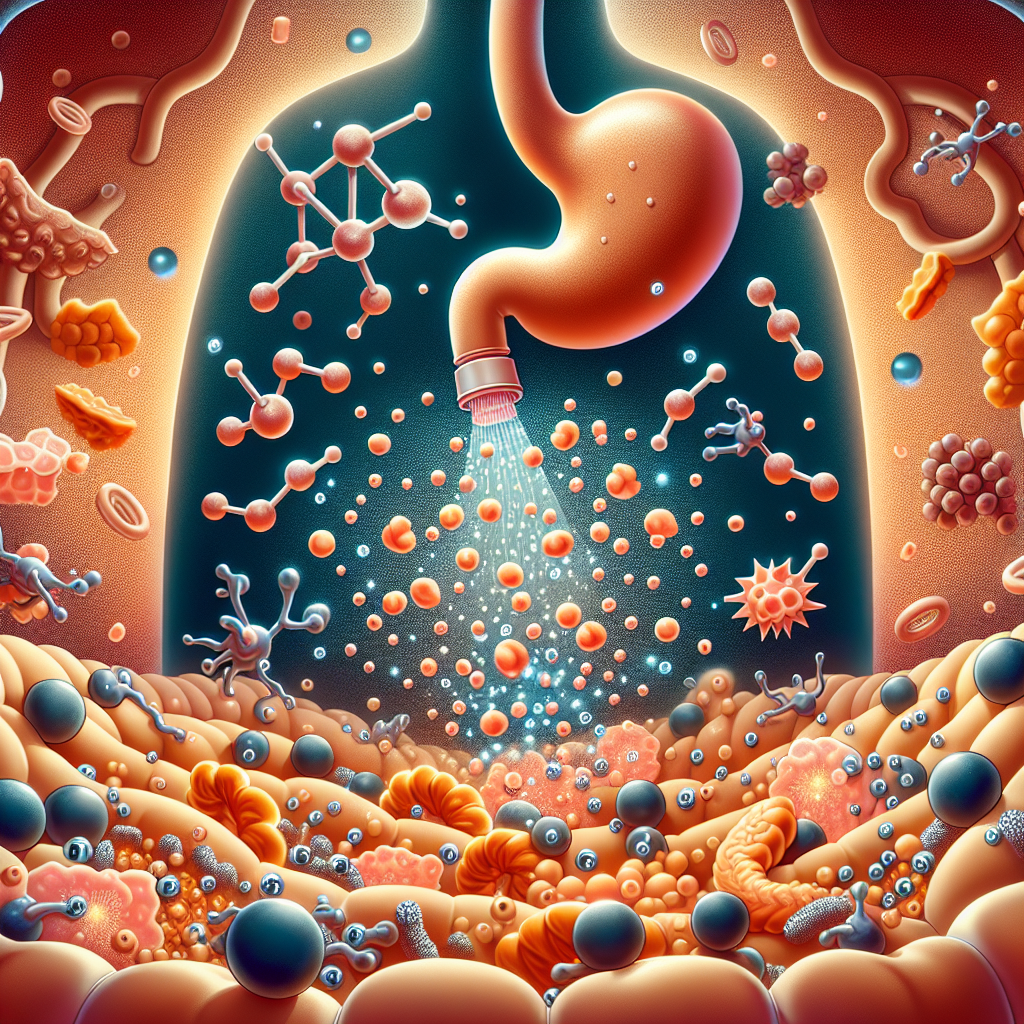The pursuit of optimal digestive health is an ever-growing concern, as individuals seek to balance their diet and lifestyle to improve gut function and overall well-being. Natural supplements play a pivotal role in this quest, offering a range of benefits from enhancing nutrient absorption to soothing digestive discomfort. Here, we delve into the world of natural supplements, their benefits, and how to integrate them into a daily health regimen.
The Role of Natural Supplements in Digestive Health
Natural supplements, including herbs, enzymes, and probiotics, have been used for centuries to aid digestion. These supplements can help enhance the natural digestive process, support the growth of beneficial gut bacteria, and contribute to a balanced microbiome.
But why turn to natural supplements? In our modern diet, which often consists of processed foods low in fiber and high in sugars, our digestive system can become taxed, leading to various issues such as bloating, gas, and irregular bowel movements. Furthermore, stress and its impact on the digestive system can exacerbate these problems, making it crucial to support the gut with targeted supplements.
Probiotics: The Gut’s Best Friend
Probiotics are live microorganisms that, when administered in adequate amounts, confer a health benefit on the host. They are paramount in maintaining a healthy gut flora balance, essential for digestion, nutrient absorption, and immune function. Probiotics can be found in fermented foods like yogurt and sauerkraut, but for those looking to ensure a consistent intake, supplements are a practical choice.
Incorporating a quality probiotic supplement can help manage and prevent conditions like irritable bowel syndrome (IBS) and inflammatory bowel disease (IBD). They’re even thought to play a role in mental well-being, due to the gut-brain axis. For an in-depth understanding of the benefits of these beneficial bacteria, consider exploring resources like the International Scientific Association for Probiotics and Prebiotics.
Prebiotics: Nourishing the Beneficial Bacteria
While probiotics introduce good bacteria into the gut, prebiotics are non-digestible fibers that act as food for these microorganisms. They are found in foods like bananas, onions, and asparagus, but can also be taken as supplements. Prebiotics help to foster a healthy gut environment, allowing probiotics to thrive and exert their health benefits.
Digestive Enzymes: Assisting in Food Breakdown
Digestive enzymes, such as amylase, lipase, and protease, are crucial for breaking down food into nutrients that the body can absorb. People with enzyme deficiencies, often due to chronic conditions like pancreatitis or cystic fibrosis, may benefit from enzyme supplementation. Additionally, those with a temporary decrease in digestive function, such as after surgery or an infection, may find digestive enzyme supplements to be beneficial.
Look for reputable sources like the National Institute of Diabetes and Digestive and Kidney Diseases for evidence-based information on digestive enzymes and their role in gut health.
Herbal Remedies: Ancient Wisdom for Modern Digestion
Herbs have been the cornerstone of traditional medicine systems for their therapeutic properties. Some, like ginger and peppermint, are known for their ability to ease digestive discomfort, reduce nausea, and promote smooth muscle relaxation in the gastrointestinal tract.
Turmeric, with its active component curcumin, is another herbal supplement that’s gained attention for its anti-inflammatory and antioxidant properties, which can be particularly beneficial for those suffering from chronic inflammation and digestive health issues.
For those interested in the science behind these herbs, academic journals such as the Journal of Digestive Diseases often publish research on herbal remedies and their impact on digestive health.
Omega-3 Fatty Acids: Soothing Inflammation
Omega-3 fatty acids, found in fish oil and flaxseed supplements, are essential for maintaining a healthy inflammatory response within the body. They can be particularly helpful in managing conditions like IBD, where inflammation is a key concern.
The American Journal of Clinical Nutrition frequently features studies on the role of omega-3s in health, offering valuable insights into their benefits for digestive and overall health.
Integrating Natural Supplements into Your Digestive Health Plan
Before introducing any supplement into your routine, it’s essential to consult with a healthcare professional, especially if you have underlying health conditions or are taking other medications. Once you have the green light, you can start incorporating these natural aids into your daily regimen.
Tips for Supplement Integration:
- Start with a single supplement to monitor its effects on your body.
- Maintain a balanced diet rich in whole foods, fibers, and fluids to support the function of the supplements.
- Consider the timing of supplements, such as taking probiotics on an empty stomach or digestive enzymes with meals.
- Monitor your body’s response and adjust dosages as recommended by a healthcare provider.
Conclusion
Natural supplements offer a complementary approach to enhancing digestive health alongside a balanced diet and healthy lifestyle. From the gut-balancing effects of probiotics to the soothing properties of herbal remedies, there is a multitude of options available for those looking to support their digestive system naturally. By carefully selecting and integrating these supplements, and with guidance from healthcare professionals, you can pave the way to a healthier, happier gut.
Remember, the journey to improved digestive health is a personal one, and what works for one person may not work for another. It’s about finding the right balance and combination of supplements, diet, and lifestyle changes that suit your individual needs. With the right approach, natural supplements can play a significant role in maintaining digestive wellness and overall health.



